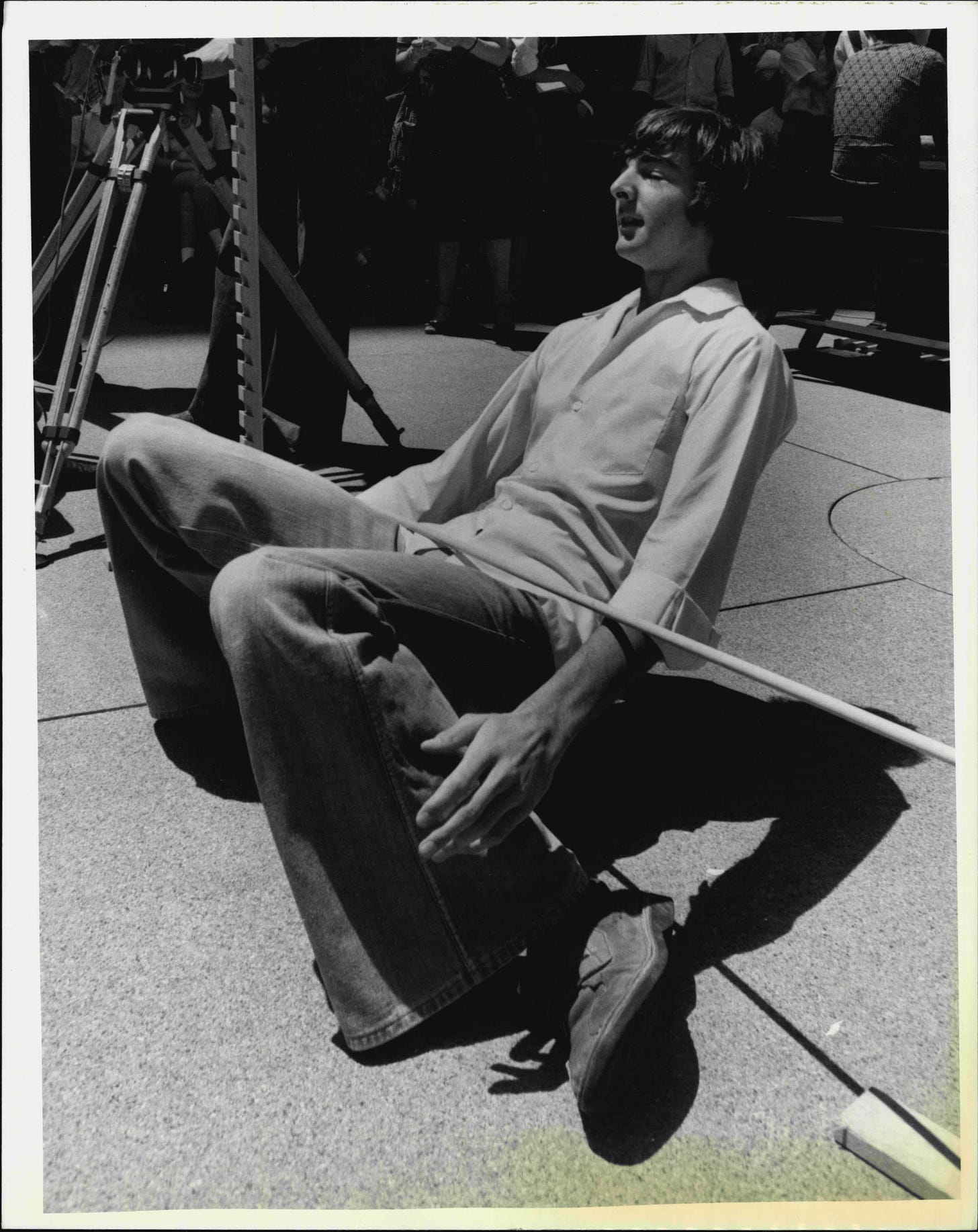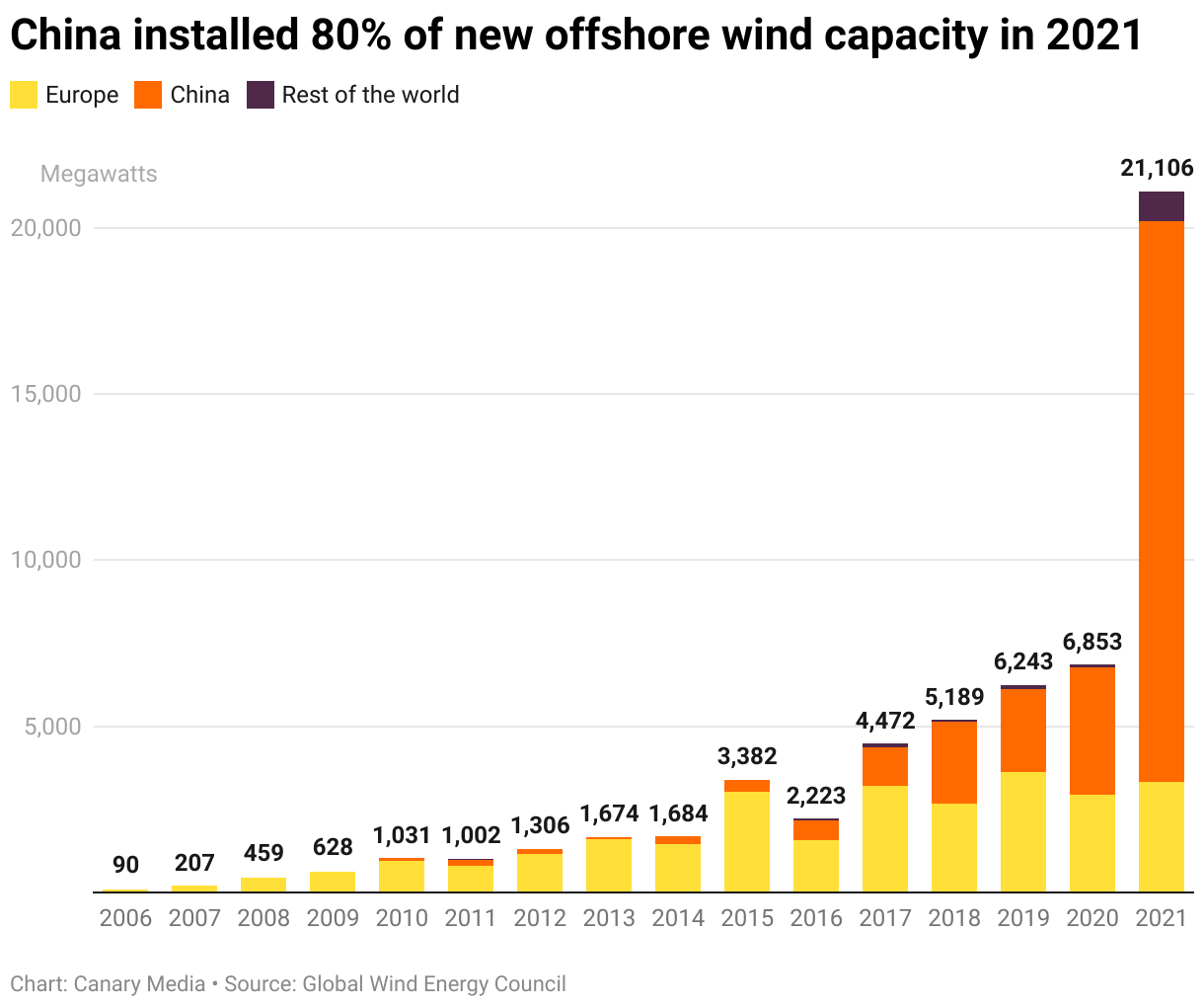How Low Can It Go?
Forget inflation--the price of clean energy just keeps plummeting
Every two years the UK government conducts an auction for new clean energy providers—and the numbers that they revealed last week were truly remarkable. To put it in headline terms: suppliers are lining up to provide power from the wind and sun for about one quarter the current price of generating electricity with gas.
Here’s how the editors at Carbon Brief described the auction:
Most of the new capacity – some 7 gigawatts – will be offshore wind. Notably, for the first time, these projects were cheaper than the 1.5GW of onshore wind or 2.2GW of solar.Once the pre-approved projects are built, they will generate 42 terawatt hours (TWh) of electricity per year, enough to meet around 13% of current UK demand.
Oh, and “analysts said they would also save consumers an estimated £1.5bn per year in the late 2020s and cut annual average bills by £58, with most of the projects effectively subsidy-free.”
Even better news: for the first time there was a bid approved to produce power from floating wind turbines, again at a price much lower than burning gas. “The still-nascent technology is seen as a key to unlocking the potential of the sector because it can be used in deeper water, further from shore, where wind speeds are more consistent. It can also be used in countries, such as Japan, that are surrounded by deep ocean.”
Kudos to the Brits. Yes, their politics has been a Trumpish clown show ever since Boris Johnson decided his political future depended on Brexit. But last week Parliament sacked the guy, and as this auction shows, some parts of the government have kept functioning quite effectively. Set up in 2013 under the Energy Act, the every-other-year auctions have proved so successful that they’ll be held every year from here on in.
Kingsmill Bond—a longtime City of London energy analyst now working for the Rocky Mountain Institute, said the numbers are the best possible news for a continent scared by Vladimir Putin: “We just do all this stuff and do it a bit faster, and we won’t need Russian gas. It is really not that hard. You don’t need to go cap in hand to foreign dictators to ask for more gas – just change your own policy regime to bring these technologies online quicker.”
You know who seems to have figured that out? China. New figures released last week show that fully 80 percent of all the offshore wind generation installed on the planet last year was in the water surrounding China.
It’s not that China’s perfect, nor the UK for that matter: the British are still relying on biomass plants and moving to frack for gas: “The fact that they are still alive is probably linked to the fact that they are able to influence various politicians,” says Bond. “But eventually our dear leaders will be able to add two and two together.”
The same may someday happen even in the U.S. Princeton energy savant Jesse Jenkins called the plummeting price of offshore wind “rather remarkable.” America hasn’t yet built an industry like the one that now operates efficiently in UK ports, but “if we can make offshore wind as cheap as onshore, as the UK has, it opens a huge resource potential in the Northeast and Mid-Atlantic states, close to demand centers, that would be an alternative to expanding transmission to reach onshore wind in the Midwest or solar in the Southeast, which is currently the lowest cost option” for places like his home state of New Jersey.
But that would require a functional government, not one in which, say, North Carolina Republicans last week moved to destroy EV charging stations unless they also provided free gasoline and diesel fuel. So join us at Third Act and become part of the backlash.




Readers might contemplate this graphic: "Mapped: Average Wind Speed Across the U.S."
https://www.visualcapitalist.com/cp/mapped-average-wind-speed-across-the-u-s/
Versus China going full speed ahead on nature's wind - the U.S. seems to lack the political wind to use nature's wind beneficially. The U.S. Congress efforts on offshore wind are dismal.
Good old North Carolina. BOTH Madison Cawthorn and Mark Meadows were my so-called representatives in Washington. I consider living here advanced spiritual practice. (Living anywhere these days is advanced spiritual practice, I suppose.)